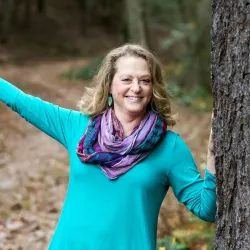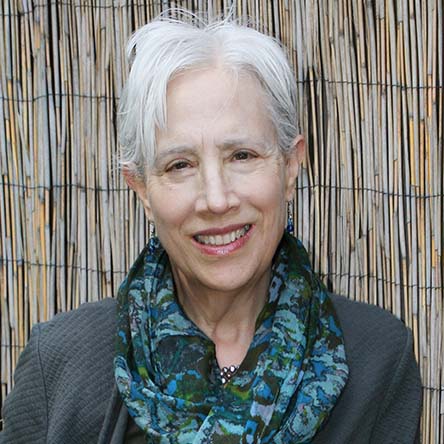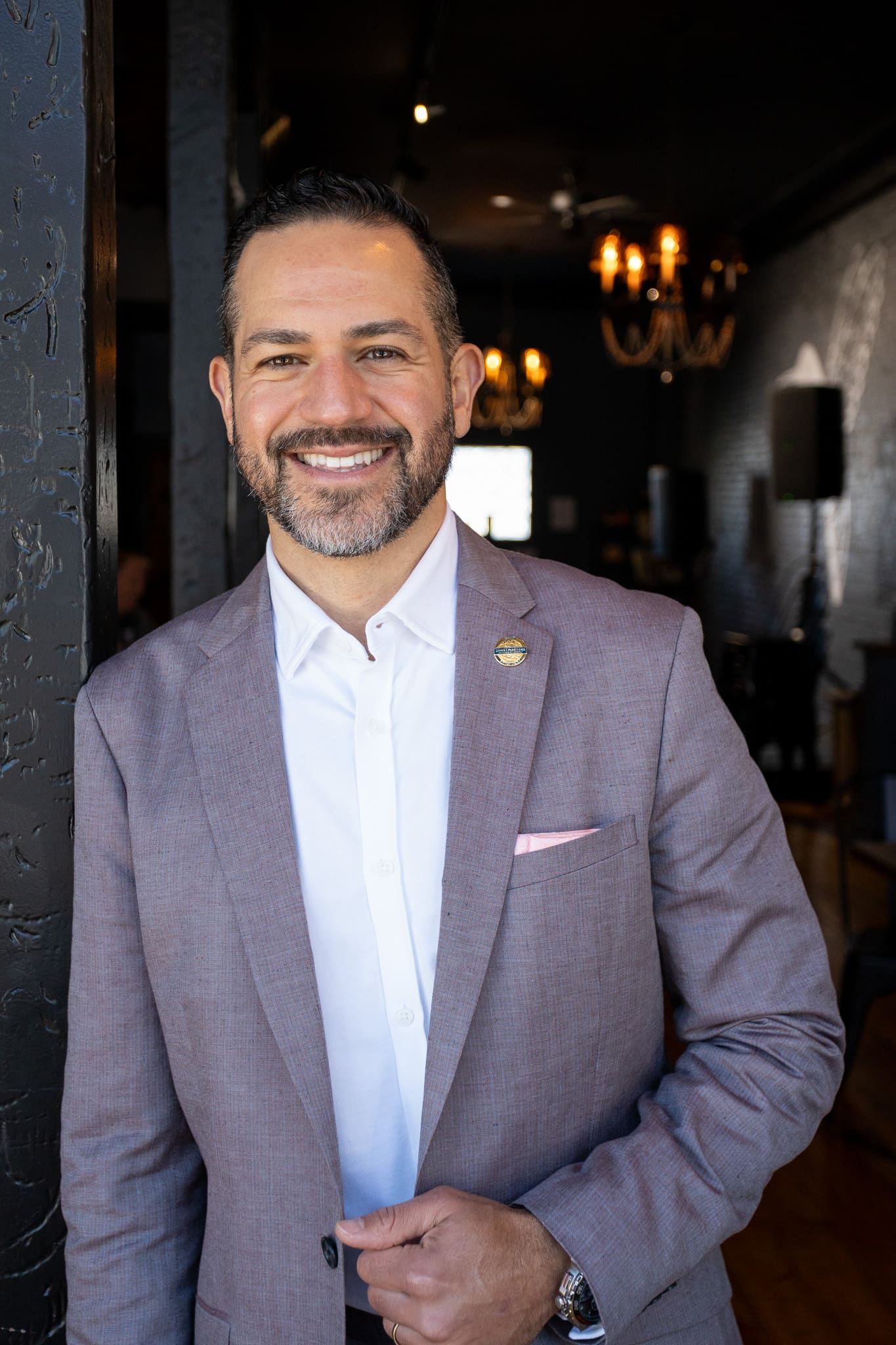Healing Estrangement: Families Matter
Healing Estrangement is the focus of Hey, Boomer podcasts for January 2024. Kimberly Best is a conflict mediator and a previous guest on Hey, Boomer. IF you missed her episode you can find it here. Kimberly is the author of this blog post.
The holidays have come to a close, and for many the joy of celebration was offset with the sadness of loss. Broken family Relationships, especially during the holidays, leaves us with feelings of sadness, Grief, anger, loss, and regret. This is the time of year when a lot of people reach out for help, trying to find a way to re-establish broken relationships.
In my work in conflict management, I’ve noticed an epidemic of family estrangement – what I refer to as “firing” people that we feel like we can’t get along with. Conflict is natural in any relationship. However, resolving these conflicts by estrangement will likely lead to further deterioration of the relationship. There are other unintended consequences too, one being how the absence of an estranged loved one effects not just the person they are upset with, but all the rest of the family as well. It can become an act that defines the relationships of generations.
There are a few reasons why we “fire” people, instead of trying to work through our problems. These reasons include the trend toward “boundaries”, which can be used as walls, a culture of blame, and a lack of dispute resolution skills. Sometimes, it’s the result of years of poor communication including assumptions. Also, when we react in frustration and storm away, it can be difficult for us to find a way to re-establish the relationship due to embarrassment, pride, or fear of the consequences of our behavior.
Managing Family Conflict
Following are a few tips for managing ourselves, when in family conflict. There are many more.
The first, perhaps, is the most important.
- We need to remind ourselves that just because someone doesn’t agree with us doesn’t mean they are against us. They are just different from us. They are themselves. They have a different biology and a different set of life experiences and these lead to different beliefs. We need to remember that what people believe is just where they are “for now.” We all evolve our beliefs and positions based on life experiences. It’s scary to us as humans when people see the world differently from us. That’s a human reaction. But if we remind ourselves that they see the world differently because it is through their eyes, and their life journey belongs to them, not to us, we always find that we have more in common than our differences. It is helpful to value the relationship more than being right. We don’t even have to “agree to disagree”. We just need to let people own their own beliefs.
- Another tip is to take a moment to ask yourself – who do you want to be in this situation? What experience are you wanting to have? Most of us want to be respectful, curious, kind, and present. Deciding who you want to be before a challenging discussion and during one can help keep a discussion from spiraling.
- Lastly, William Ury of “Getting to Yes,” talks about “building a golden bridge”. This speaks to creating a way to save face and reconnect either during a disagreement, or after one. It is offering the olive branch.
Estrangement is a painful process, but it doesn’t have to be a permanent one. We have the power to mend our relationships by changing our actions, showing understanding, practicing empathy, and seeking professional help if we need it. Remember, it’s about negotiation and collaboration, not ultimatums and disconnection. Most relationships are worth working for, and the act of reaching out can itself begin the healing.
There is a road back
There is a lot of value and hiring a professional conflict manager, whether a conflict coach or a mediator. Only one person needs to be willing to resolve a conflict for the healing process to begin. This is when conflict Coaching is valuable. Families and conflict function in a system. There is almost always a pattern that repeats itself, no matter how much it doesn’t work. One person changing the dynamic changes everything. We don’t know what the change will be, but we do know that the system then must change. One person becoming skilled in conflict management has a huge impact on future communication. Also, it really takes at least two people to argue, so one person changing how they relate is enough to change the dynamic. Conflict coaching is about finding our own power and responsibility and becoming a better communicator, even if we can’t control the outcome.
Mediation is becoming recognized more and more as a gold standard for conflict management. It is a way for two or more people to work through conflict and disagreement. Mediators are trained dispute resolution practitioners, who understand people and conflicts. Mediators create a safe space for both parties to express their viewpoints without fear of retaliation or judgment. They facilitate confidential, open and respectful dialogue, ensuring that everyone has an opportunity to be heard. Mediators help clients see and decide a better way forward. They strive to ensure that the resolution is balanced, reasonable, and meets the needs and interests of all parties involved. There are so many tools for managing conflict. Along the process, clients learn conflict management tools and communication skills.
Moving forward, we can decide to diligently choose connection over disconnection, understanding over judgment, and reconciliation over estrangement. Because in the end, family is irreplaceable.
Contact Information for Kimberly:
Kimberly Best, RN, MA
Best Conflict Solutions
615.438.6942
The post Healing Estrangement: Families Matter first appeared on .

























